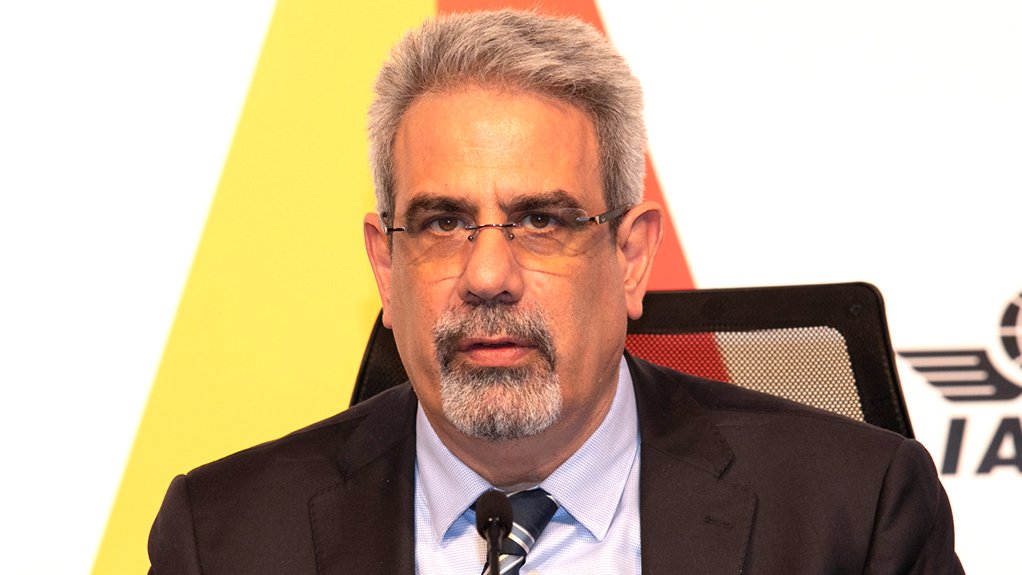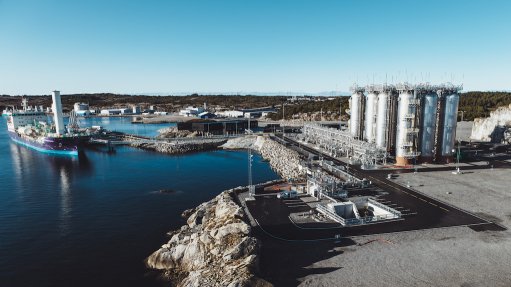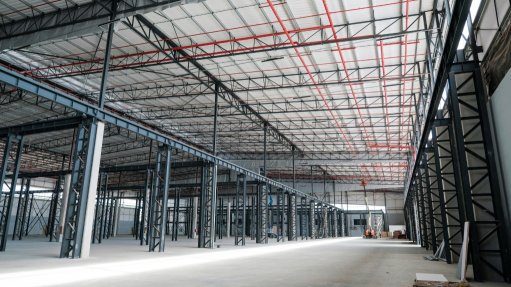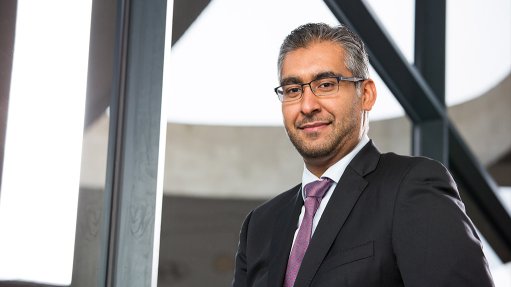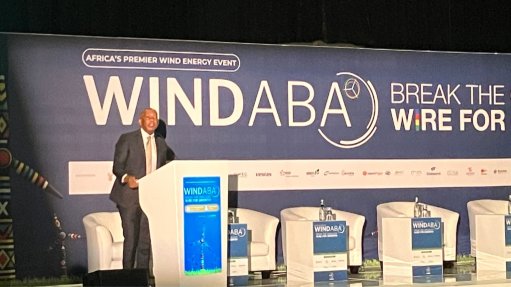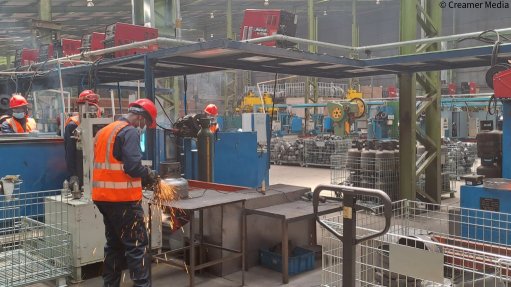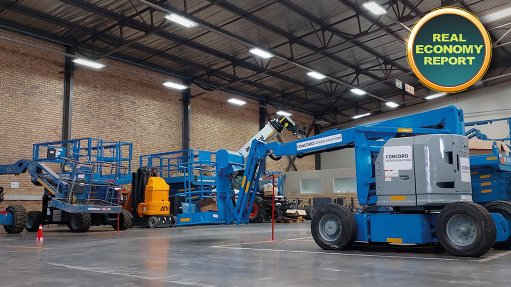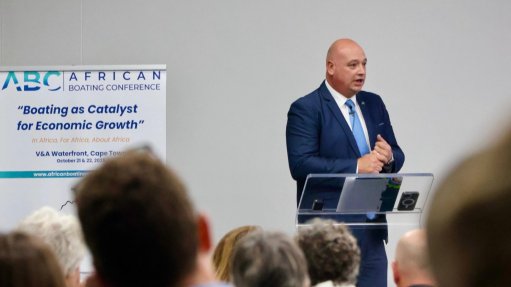African airlines still face government-imposed financial pressures that exceed global norms
The International Air Transport Association (IATA), which is the global representative body for the airline industry, has again highlighted the problem of high commercial aviation costs in Africa and urged African governments not to increase them. These costs come from higher-than-global-average fees, levies and carbon and other taxes imposed on air transport, tourism and trade, by African governments. This is not only a problem for airlines, particularly African ones, who are still recovering from the Covid pandemic, but also for the economic development of the countries that are imposing such costs.
‘[In Africa] the average airfare is already 30% higher than the industry average and the jet fuel cost is 10% to 20% higher than the global average,” pointed out IATA regional VP Africa and the Middle East Kamil Al-Awadhi, in his address to the fifty-fifth annual general meeting of the African Airlines Association (AFRAA), in Entebbe, Uganda. “Higher costs would discourage customers who are sensitive to prices, resulting in lower demand and revenue for airlines and other stakeholders in the aviation sector, such as airports, ground handlers, suppliers and air navigation services. They would also hamper economic development and limit the opportunities for job creation and income generation. High cost leads to high price, which reduces demand and growth in a price elastic market, and ultimately affects connectivity negatively.”
He urged African governments to follow the policies of the intergovernmental International Civil Aviation Organisation, on aviation charges and infrastructure. He further urged African States to consult with the industry and with airlines to create an operational environment that was fair and cost-effective and would bring the benefit of a better-connected continent.
Another major financial issue facing airlines in Africa was that of blocked funds, he cited. A number of African governments had banned the repatriation of money, accrued through ticket sales, by airlines based in other countries. In September, the global total figure for blocked airline funds was $2.36-billion; of that total, African countries were responsible for $1.68-billion.
“Aviation is capital intensive,” he pointed out. “Cash flow is key for airlines’ business sustainability – when airlines are not able to repatriate their funds, it severely impacts their operations and impacts their decisions on where to fly. But the risk of blocked funds is not just limited to airlines; the negative impact extends to the countries blocking the funds. It impacts the country’s economy and its connectivity, and it hurts investor confidence and reputation. Aviation is not only an economic enabler, it is a pillar of modern economies. Governments must prioritise aviation and find sustainable solutions in the clearing of blocked funds, and we continue to offer our support in any way we can.”
On the bright side, working together, IATA and AFRAA have had success in persuading a number of African governments to unblock airline funds, he reported. Since 2018 a “significant amount” of such funds have been released by Angola, Ethiopia, Ghana, Nigeria and Zimbabwe. The two associations are also advising governments on the best practices to clear the backlogs of blocked funds.
Article Enquiry
Email Article
Save Article
To advertise email advertising@creamermedia.co.za or click here
Comments
Press Office
Announcements
What's On
Subscribe to improve your user experience...
Option 1 (equivalent of R125 a month):
Receive a weekly copy of Creamer Media's Engineering News & Mining Weekly magazine
(print copy for those in South Africa and e-magazine for those outside of South Africa)
Receive daily email newsletters
Access to full search results
Access archive of magazine back copies
Access to Projects in Progress
Access to ONE Research Report of your choice in PDF format
Option 2 (equivalent of R375 a month):
All benefits from Option 1
PLUS
Access to Creamer Media's Research Channel Africa for ALL Research Reports, in PDF format, on various industrial and mining sectors
including Electricity; Water; Energy Transition; Hydrogen; Roads, Rail and Ports; Coal; Gold; Platinum; Battery Metals; etc.
Already a subscriber?
Forgotten your password?
Receive weekly copy of Creamer Media's Engineering News & Mining Weekly magazine (print copy for those in South Africa and e-magazine for those outside of South Africa)
➕
Recieve daily email newsletters
➕
Access to full search results
➕
Access archive of magazine back copies
➕
Access to Projects in Progress
➕
Access to ONE Research Report of your choice in PDF format
RESEARCH CHANNEL AFRICA
R4500 (equivalent of R375 a month)
SUBSCRIBEAll benefits from Option 1
➕
Access to Creamer Media's Research Channel Africa for ALL Research Reports on various industrial and mining sectors, in PDF format, including on:
Electricity
➕
Water
➕
Energy Transition
➕
Hydrogen
➕
Roads, Rail and Ports
➕
Coal
➕
Gold
➕
Platinum
➕
Battery Metals
➕
etc.
Receive all benefits from Option 1 or Option 2 delivered to numerous people at your company
➕
Multiple User names and Passwords for simultaneous log-ins
➕
Intranet integration access to all in your organisation



